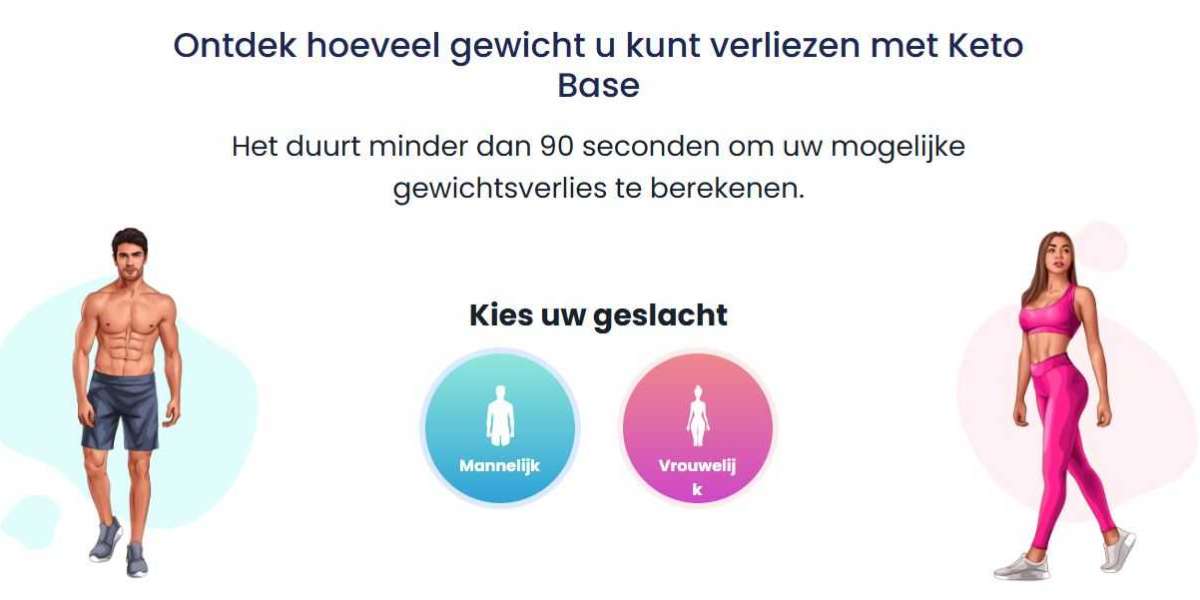While RCS has been gaining international traction, India’s journey with RCS has had both momentum and setbacks. Some key points:
- Spam and abuse concerns: Businesses in India were found abusing RCS to send unsolicited promotional messages, including financial service brands sending unrequested ads. This led Google to temporarily disable RCS business messaging in India while it works with partners to strengthen anti-spam and verification systems.
- Service providers offering RCS gateways: There are companies in India offering RCS “Gateway” services to brands. These allow businesses to send RCS messages, with verified sender identities, interactive content (images, buttons, PDFs), and better analytics.
- Regulatory and trust factors: Verified business profiles, branding in messages, and sender verification are being emphasized as ways to build trust. The traditional SMS problems — spoofing, fraud, insecure delivery — are motivating the adoption of RCS in sectors where security and authentication matter, such as finance, healthcare, and e-commerce.
Mumbai: Potential and Particulars
Mumbai, being a major metro and business hub, stands to gain a lot from RCS adoption. Let’s explore how RCS maps into Mumbai’s environment.
High Digital Penetration and Smartphone Use
Mumbai has high smartphone penetration, a mix of high-income and middle-income users who are digitally literate. Many Android users already use Google Messages or similar native messaging apps that support RCS. This sets the stage for quicker adoption of RCS, once all pieces (telecom support, verified business messaging, etc.) fall in place.
Businesses, Advertising, and Consumer Expectations
Brands in Mumbai — from retail, media, financial services, health and wellness, to hospitality — are becoming more focused on customer experience. They require messaging channels that are more engaging, interactive, and branded. RCS offers them options like interactive buttons (“Book Now”, “View Catalog”, “Pay Now”), high-resolution images, and better analytics (delivery, read receipts) than conventional SMS. This can give competitive advantage.
Challenges Specific to Mumbai and Urban India
- Regulation and Spam Prevention: Given past abuse, both consumers and regulators are wary. Mumbai consumers are likely to be more sensitive to unwanted messaging. Effective enforcement, sender ID verification, and spam filtering are crucial.
- Carrier and Device Compatibility: RCS requires support from telecom operators, from device operating systems, and from messaging apps. While Android has made strides, iOS support and some telcos are slower. Users with older devices may not have RCS support. Ensuring compatibility in Mumbai’s varied user base will be a task.
- Cost and Business ROI: Brands will need to weigh the cost of implementing RCS services (verification, integration, building media-rich content, handling more complex campaigns) against returns. For small businesses, SMS may still be cheaper and more straightforward.
Benefits for Stakeholders in Mumbai
Here are some benefits RCS offers, especially for a city like Mumbai:
Enhanced Engagement and Brand Image
Businesses can send messages with rich media, brand logos, and verified sender information. That builds trust. Consumers get better looking, more interactive messages rather than plain SMS blasts.
Improved Conversion and Functionality
Actionable messages (buttons, menus), embedded media, and quick replies can reduce friction. For example, restaurants can send menus, hotels can send booking confirmations with maps and photos, and stores can send product carousels.
Better Analytics and Feedback
With RCS, senders can see more data: delivery status, read receipts, user interactions (such as which button was clicked). This helps in optimizing campaigns.
Security and Trust
Verified business messaging reduces spoofing. Better sender authentication and potential encryption improvements make it safer. For financial services or healthcare sectors in Mumbai, this is particularly important.
Native Experience Without Extra Apps
Users don’t need to install extra apps. If the native messaging app supports RCS, the rich experience comes built-in.
Challenges and What Needs To Be Done
To realize RCS's full potential in Mumbai, the following are needed:
- Strong Policies and Enforcement Against Spam: Oversight to ensure that businesses don’t misuse RCS channels. Clear penalties and better user controls (opt-in, opt-out).
- Telecom Operator Support: Operators in Mumbai must invest in the infrastructure needed for RCS — ensuring network reliability, compatibility, and scaling for media-heavy messages.
- Cross-platform and Device Compatibility: Users with iPhones or feature phones must have seamless experiences; otherwise fragmentation hurts uptake. The recent tie-ups between telecoms and device makers to support RCS on iPhones are encouraging.
- Awareness among Users and Businesses: Many consumers may not know what RCS is; many businesses may not yet trust it or know how to use it effectively. Education, case studies, and pilot programs will help.
- Cost-Effective Tools for Smaller Players: Small and medium enterprises in Mumbai should have access to affordable RCS gateways, templates, and content tools so they too can leverage RCS without heavy investment.
The Way Forward
For a city like Mumbai, RCS has the potential to become a standard channel of communication, especially in sectors where messaging is mission-critical or customer experience is vital.
- Early Adopters Will Gain Edge: Brands that begin using RCS effectively — in banking, travel, retail, and events — will stand out.
- Partnerships are Key: Between telecom operators, messaging platform providers, regulators, and content creators.
- Regulation and Technology Mix: A good regulatory framework combined with technical features like sender verification, anti-spam filters, and encryption will make adoption sustainable.
- Integration With Other Channels: RCS doesn’t need to replace WhatsApp or push people off apps; rather, it should be part of an omnichannel strategy (SMS, WhatsApp, email, RCS) where each is used depending on context.
Conclusion
Rich Communication Services presents a compelling evolution beyond SMS for Mumbai’s digitally connected population. With richer media, better interactivity, stronger security, and branding opportunities, RCS has value for both consumers and businesses. However, realizing that value will depend on solving challenges around spam, regulatory oversight, device and operator support, and awareness. For Mumbai’s market — with its cosmopolitan population, high business intensity, and digital readiness — RCS Brand Rise could play a pivotal role in ushering in this new standard for messaging. By offering more engaging, secure, and trusted communication, RCS Brand Rise positions itself as a key enabler of the future of mobile messaging in Mumbai.


